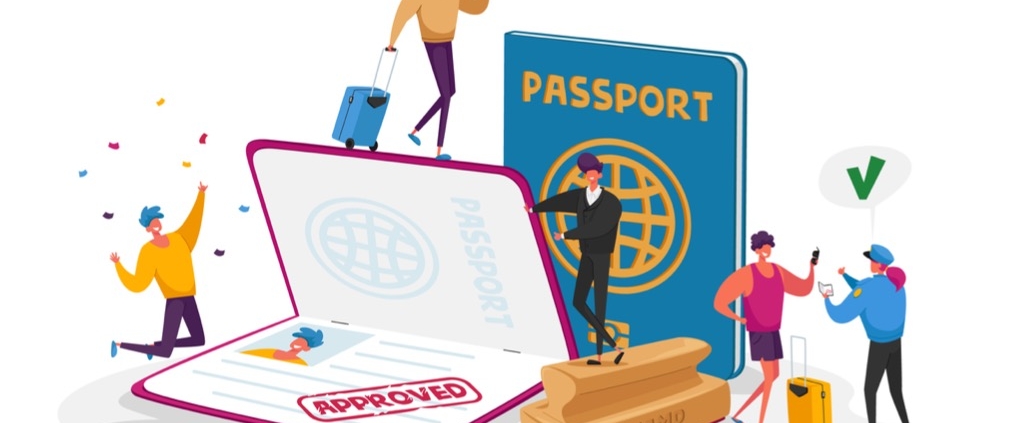By David Pearce
From 9 PM on Friday 20 March 2020, the Federal Government closed Australia’s borders to all non-citizens and non-residents. This closure was one of the first major steps made in response to the pandemic and prevented almost all visa holders from leaving or entering Australia without a travel exemption. These restrictions and stringent exemption requirements caused major distress for many visa holders both in and outside of Australia, preventing them from travelling back home or visiting family in Australia.
And the only way to get around these restrictions and bypass closed borders was to apply for an exemption to travel with the two most common reasons: compassionate and compelling reasons or if the visa holder has a critical skill needed in Australia.
On Monday 22 November 2021 the Australian Government announced that from 1 December 2021, certain fully vaccinated visa holders will no longer require an exemption to travel. Fully vaccinated visa holders from Japan, Singapore and South Korea would also join the list of countries that no longer require an exemption to travel to Australia.
Fully vaccinated visa holders who are exempt include sponsored work visas, student visas, and humanitarian visas. Now, these visa holders are free to travel to and from Australia without exemptions. However, an Australian Travel Declaration (ATD) does need to be completed at least 72 hours before entering Australia.
If you’re unsure of if you’re exempt from applying for a travel exemption, contact FCB Smart Visa and our team can guide you on your obligations when travelling in and out of Australia.
This will be news to the ears of many businesses looking for skilled workers that they’re unable to be found in Australia, plus the process has become simpler – there’s no need for travel exemptions for expatriate staff.
Who still requires an exemption to travel?
Visitor visa holders and bridging visas are the two main types that still require a travel exemption to enter Australia. The Government hasn’t yet clarified if people on bridging visas who have applied for an exempt visa will be eligible to travel.
If you still require an exemption to travel FCB Smart Visa can assist you with preparing the application and advising on the types of evidence that the department will require to present and why you should be exempt from the restrictions.
What are the impacts of the Omicron COVID-19 variant on travel?
In response to the Omicron variant of COVID-19, on 27 November 2021 the Federal Government announced additional restrictions for any travellers coming from South Africa, Namibia, Zimbabwe, Botswana, Lesotho, Eswatini, Malawi, and Mozambique. Anyone who isn’t a citizen or permanent resident of Australia or their immediate family won’t be able to enter Australia if they’ve been in one of the listed countries in the past 14 days even if they have a valid travel exemption. The situation is constantly changing, so keep an eye out for further updates concerning these countries.
On 29 November the Prime Minister announced that the border opening would be pushed back by 14 days to 15 December 2021. This is a blow to people looking to travel, but the Government’s announcement is that this is just a temporary delay until further information about the Omicron variant is available.
If you have any questions about travel exemptions and border closures, please contact our FCB Smart Visa team.
David Pearce is a Solicitor and FCB Smart Visa and FCB Workplace Law. He advises clients on all aspects of migration, with a focus on employer-sponsored visas. His work across both employment and migration law gives him a unique interest in where the two areas overlap. He has completed a double degree in Law and International Studies at Macquarie University.




